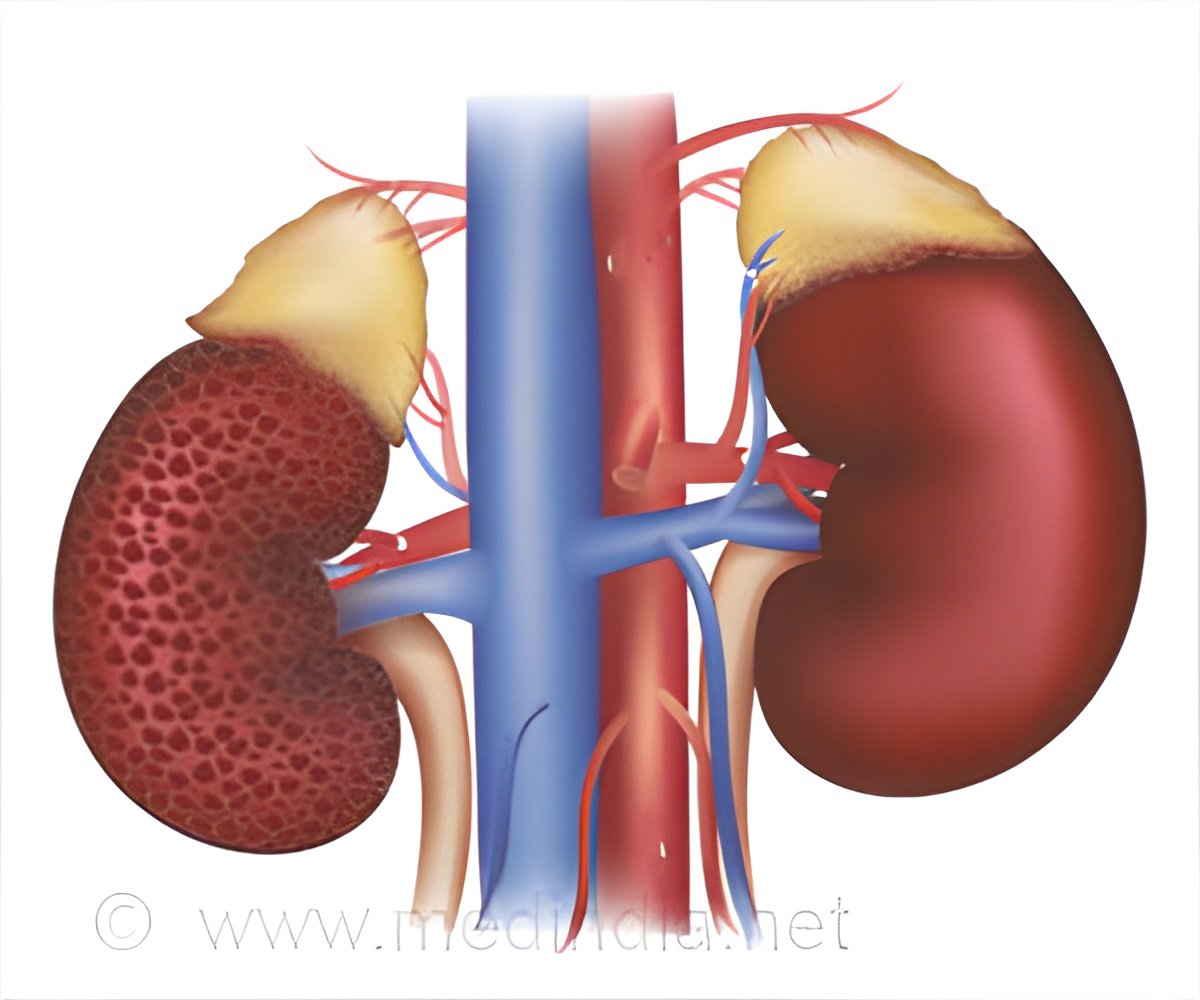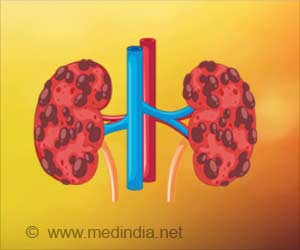
‘Energy depletion can result in kidney damage and the build-up of toxic compounds in the body, contributing to the progression of chronic kidney disease.’
Tweet it Now
Adenosine triphosphate (ATP) is the major "fuel" in most living cells and is converted to adenosine monophosphate (AMP) during energy transfer. A specialized energy sensor called 5?-AMP-activated protein kinase (AMPK) detects even the slightest changes in cellular energy by sensing AMP levels, triggering the production of ATP in response to energy depletion. However, AMPK activity is decreased in CKD and the mechanism controlling this dysregulation is unclear.
In a recent study published in Kidney International, they outline how they came to this conclusion and what it may mean for CKD patients. "Metabolites can tell us a lot about what's going on in a cell," explains lead author Hiroaki Kikuchi. "In CKD mice, metabolite profiling showed that despite high levels of AMP, there was a substantial decrease in AMPK activation, leading us to conclude that the AMP-sensing function of AMPK was defective."
Armed with this new information, the researchers tried bypassing the AMP-sensing mechanism to determine whether AMPK could still be activated in CKD mice. By treating the mice with A-769662, an AMPK activator that binds at a different site to AMP, they could significantly attenuate CKD progression and correct associated tissue damage.
Critically, the build-up of waste products in the blood as a result of reduced kidney function was shown to be responsible for the decreased AMP-sensing activity of AMPK. "Our findings suggest that energy depletion, CKD progression, and the accumulation of toxic metabolites form a vicious cycle in CKD patients," says co-corresponding author Eisei Sohara. "However, AMPK activation via AMP-independent mechanisms can break this cycle and represents a novel therapeutic approach for the treatment of CKD."
Advertisement














